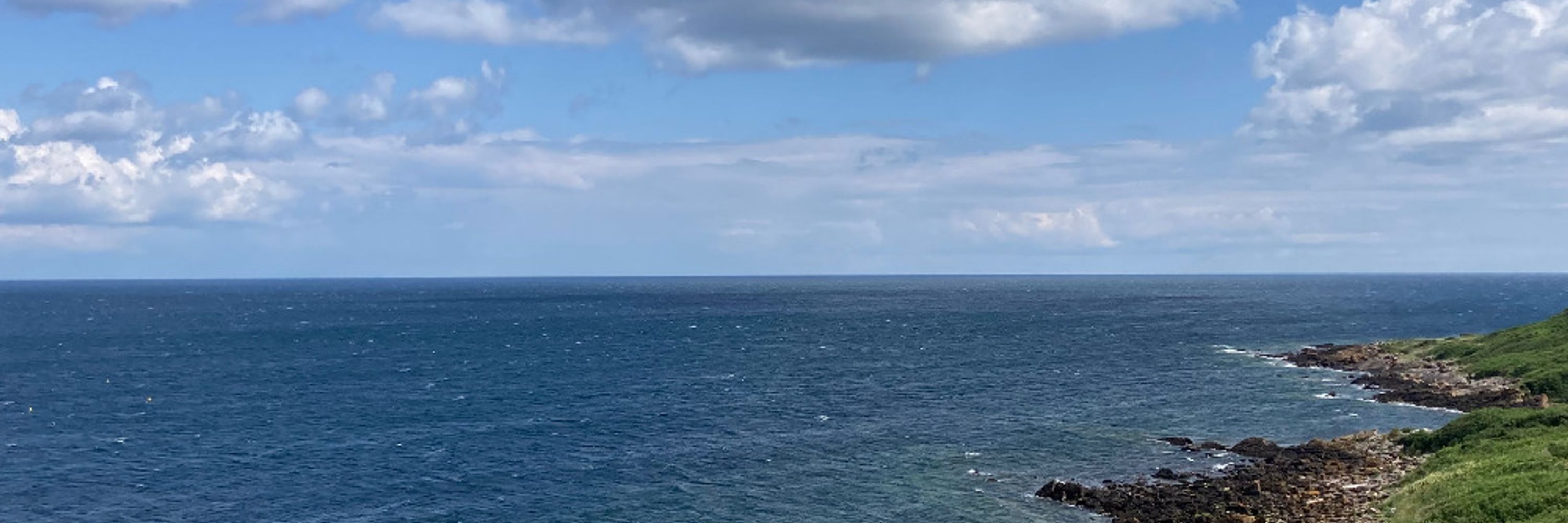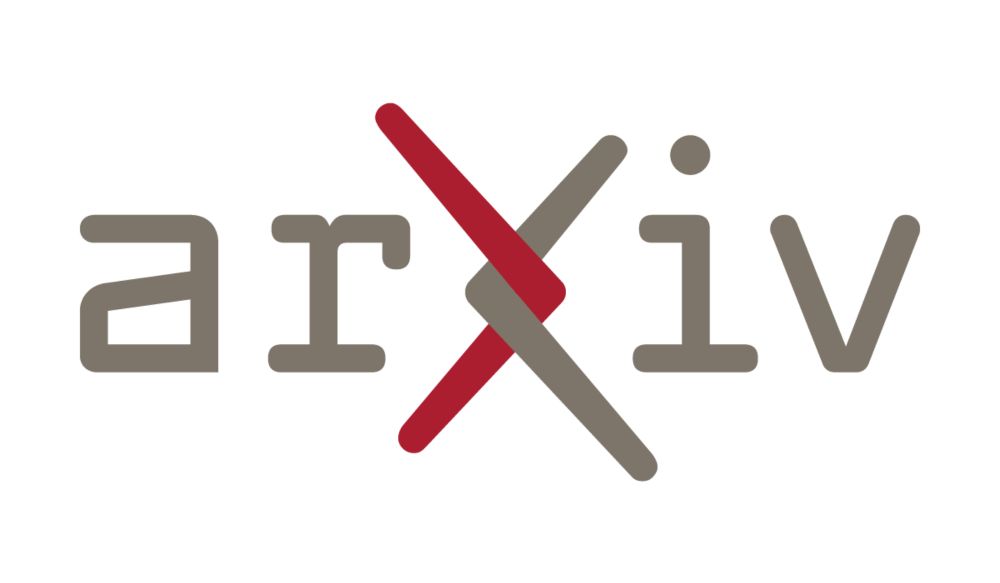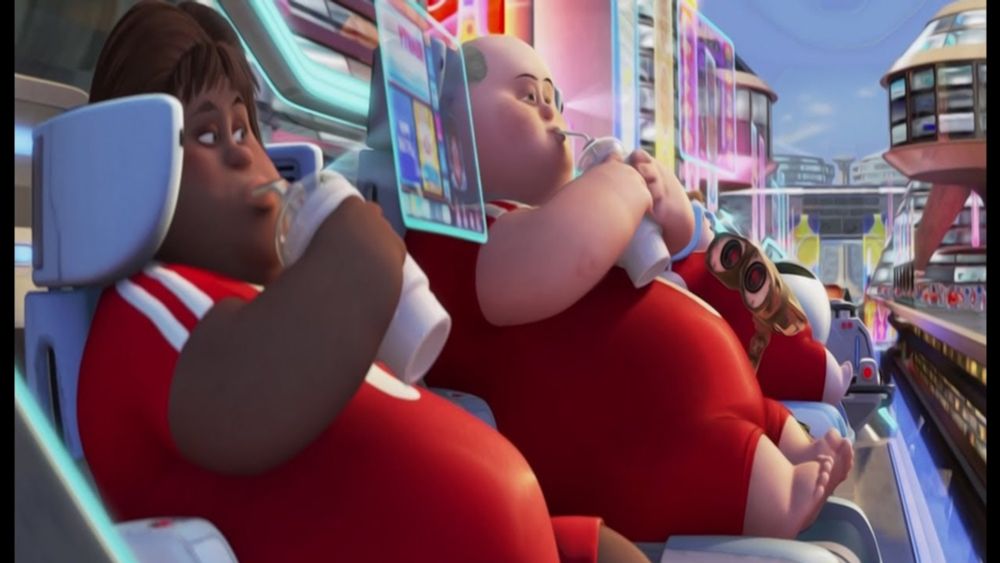
arxiv.org/abs/2505.01167
🧵 1/5

combined knowledge has complementarity: each individual fills in parts of the puzzle that others miss. We argue that the ever-changing structure of these groups helps them collectively adapt and make the most of their shared knowledge in unpredictable environments.
🐒 🧩 🐒 = 🧠
combined knowledge has complementarity: each individual fills in parts of the puzzle that others miss. We argue that the ever-changing structure of these groups helps them collectively adapt and make the most of their shared knowledge in unpredictable environments.
🐒 🧩 🐒 = 🧠
to share key information, but also enough unique knowledge to cover more ground. To model these interactions, we used a mathematical approach (simplicial complexes) that captures how multiple animals exchange information at once. This revealed 'gaps' in different dimensions—meaning the group’s…
to share key information, but also enough unique knowledge to cover more ground. To model these interactions, we used a mathematical approach (simplicial complexes) that captures how multiple animals exchange information at once. This revealed 'gaps' in different dimensions—meaning the group’s…
track changes in their environment better than any individual could on its own. We studied how much individual animals' core ranges overlap, treating these overlaps as a way to measure shared vs. unique knowledge of food sources. Some range combinations strike a balance: they have enough overlap
track changes in their environment better than any individual could on its own. We studied how much individual animals' core ranges overlap, treating these overlaps as a way to measure shared vs. unique knowledge of food sources. Some range combinations strike a balance: they have enough overlap
Groups can often process information together more effectively than any single member could alone. In species with fission-fusion dynamics—where animals frequently split up and reunite (like dolphins or chimpanzees)—sharing different bits of knowledge about food locations helps the whole group…
Groups can often process information together more effectively than any single member could alone. In species with fission-fusion dynamics—where animals frequently split up and reunite (like dolphins or chimpanzees)—sharing different bits of knowledge about food locations helps the whole group…


